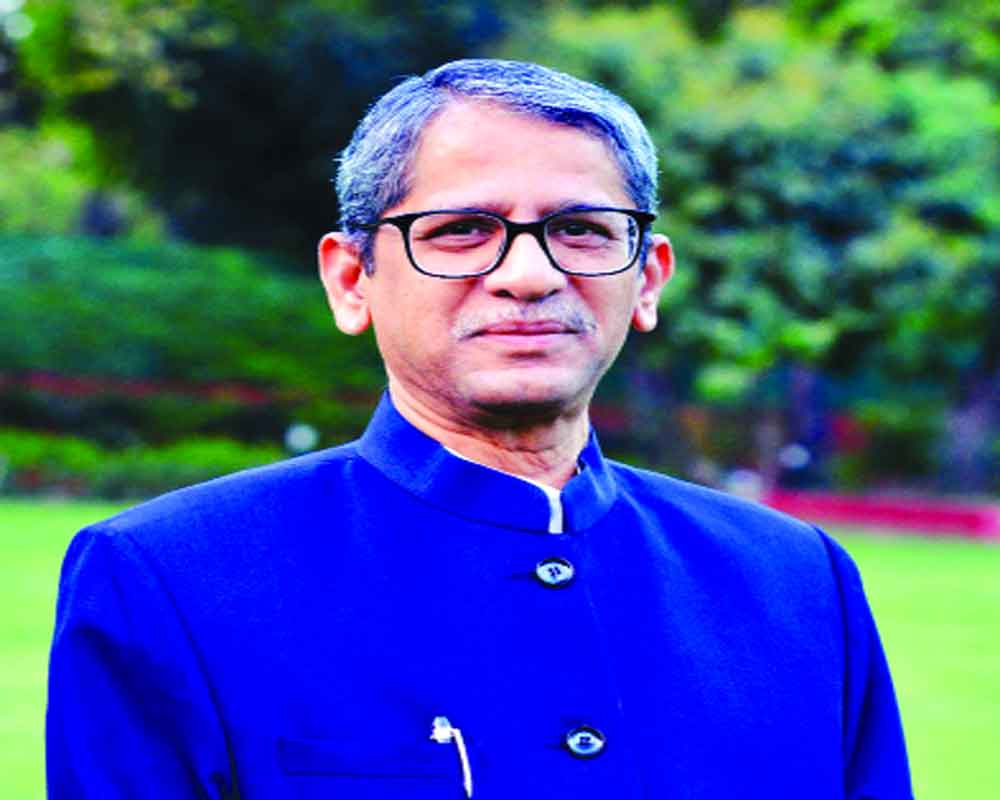Balanced judiciary-executive ties can help settle contentious issues
The judiciary and the executive appear to be looking for a mutually acceptable method of dealing with issues on which opinions are divided. Such a mindset, if seriously pursued, helps democracy. The immediate case in point is the demand for scrapping Section 124A of the Indian Penal Code, commonly known as the sedition law. The current debate was triggered after the Supreme Court admitted petitions against the controversial section. Chief Justice N V Ramana of the Supreme Court also indicated similar views last year when he wondered why the sedition clause was still in use even 75 years after Independence. The section was inserted by the British to quell voices in favour of independence. However, the court did not impose its views on anyone and gave adequate time to the Union government to respond to the petitions. The executive's affidavit said it wanted to consult the civil society for a re-look at the controversial legislation.
The affidavit mentioned the Prime Minister was aware of the divergent views and that he was in favour of protection of civil liberties and respect for human rights. With the judiciary and executive committed to upholding civil liberties, a level playing field is achieved to deal with the sedition section. Of late, several instances have cropped up that tested the resilience and maturity of these two pillars of democracy. In the case of the Tamil Nadu Governor referring to the President the state cabinet decision the remission plea by AG Perarivalan, convicted in the Rajiv Gandhi assassination case, the Governor's authority to refer it to the President and the Union government's support to the Governor's stand came sharply into question. In another case related to the constitutional validity of the Tribunal Reforms Act, 2021, the Supreme Court asked the government when it had struck down the tribunals' ordinance why were the same provisions revived through a separate legislation. Arguments over criminal appeals pending in various High Courts for decades reached a head when the Attorney General said the apex court through its judgements had entered "into the policy domain". The Prime Minister and the Chief Justice at the recent Chief Minister's conference addressed the contentious issues, underlining the importance of periodically clarifying the roles of the judiciary and the executive to maintain a balance between them. The sedition case will put this balance to test.


























